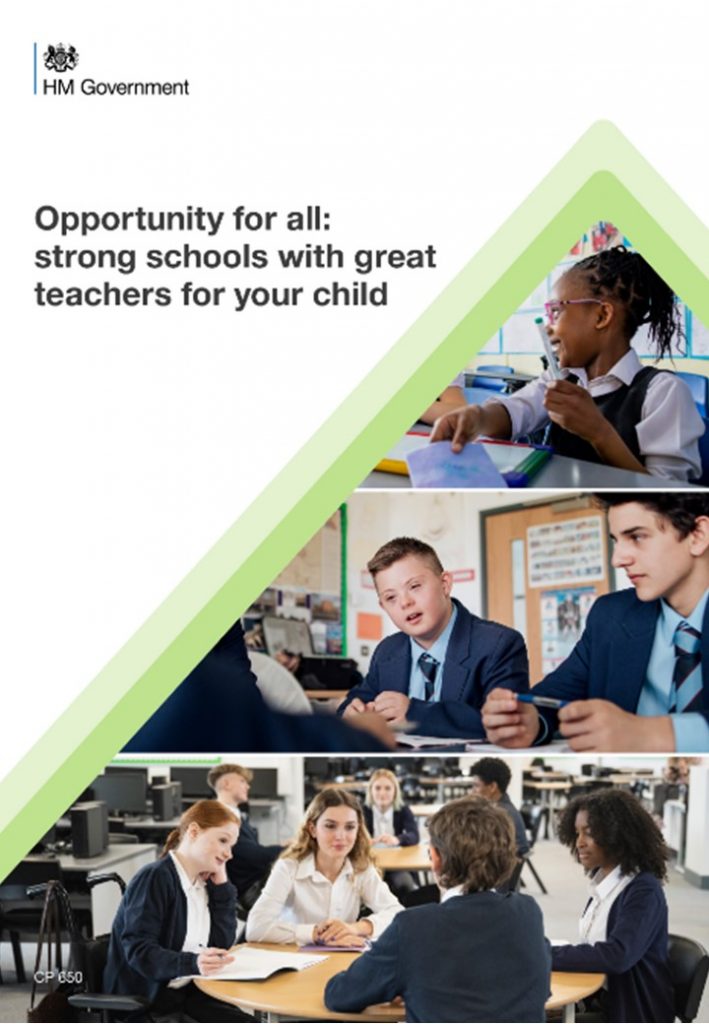15 August 2022
Gill Adams
In our last blog, Julia noted how municipalities in Norway worked to bridge research and practice. This got me musing on this notion of bridging across and the separation it suggests, even as it points to possibilities of connections.

As summer holidays are approaching, thinking about bridges took me off in my mind to the Scottish islands. Many were once only accessed by sea, often involving challenging navigation around low lying reefs and rocks that were likely to sink sailors without local knowledge or clear charts. Now some of these islands are connected by bridges and causeways as well as, or instead of, ferries. The ferries remain my favourite way of travelling, giving time to experience the journey, to pause and notice seals basking. That slowing down on the boat crossing acts as a preparation for island life and reminds me of the change in pace I experience between teaching and research in my university life. A different focus, a slowing down, time to play with ideas, to linger. How do teachers in schools manage this shift?
Continue reading Encountering research: glimpses from England
